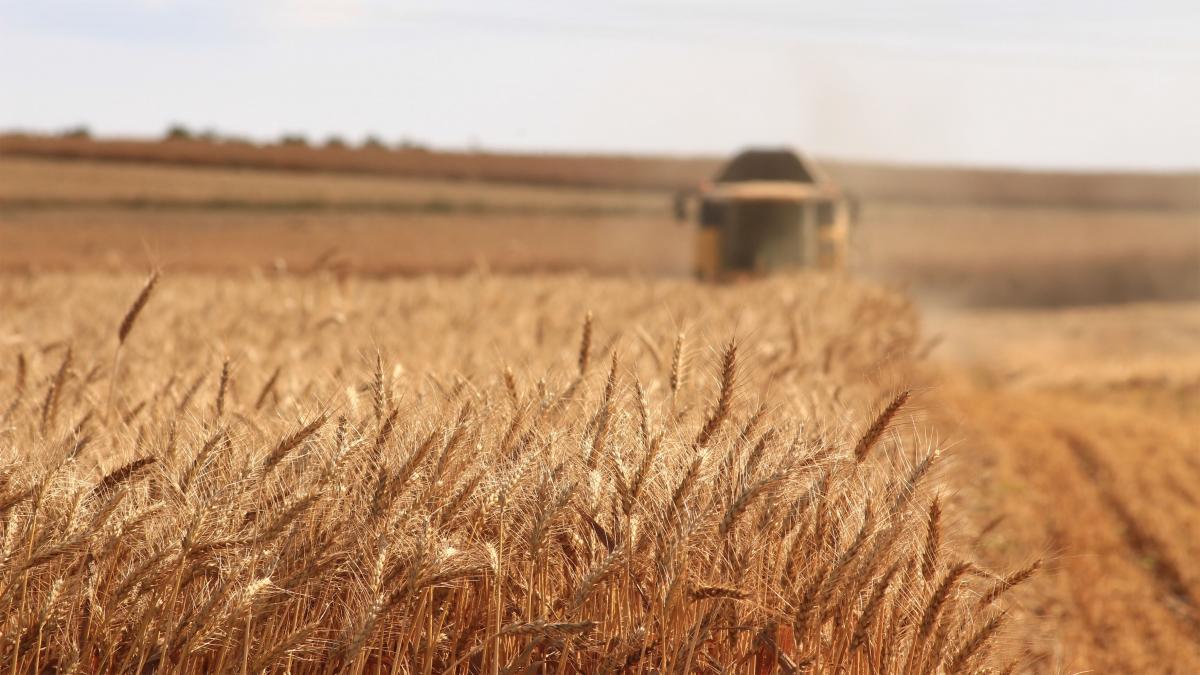Immigration Announcement
Canada’s need for an Agri-Food Immigration Program

One of the primary reasons why Canada needs immigrants is the existence of gaps within their own labor market.
The country supports a $200 billion agri-food industry but is still struggling to find workers to fill all the roles. A new immigration pilot in this sector could be the solution that Canada needs in order to combat these issues.
Recently, Canada came forward and launched the Agri-Food Immigration Pilot, which will help facilitate growth in this sector. Considering that agri-food is one of the most important industries in the country, it is important to support it as well as possible. The agri-food industry leads to $110 billion in domestic sales every year and $65 billion in export sales. In fact, 1 in every 8 jobs in Canada is supported by the agri-food sector.
Canada will grant admission to 2,750 immigrants and their family members per year under the Agri-Food Immigration pilot. It is set to operate for the next three years. However, the industry’s needs might still remain unfulfilled.
Why does the agri-food industry need temporary foreign workers?
The main reason why the agri-food industry has been unable to reach its full potential is the lack of talent. A study conducted in 2014 study found that about 25,000 agri-food jobs could not be filled as a result of which there was a loss of $1.5 billion in economic output. Hence, the agri-food industry is heavily dependent on temporary foreign workers (TFWs). Temporary visa holders account for 1 in every ten agri-food workers at this moment. The number might rise to 1 in every five workers within the next few years.
Many Canadians are unwilling to work in the agri-food industry since the work can, at times, be physically challenging. Remote work sites make commute difficult and time-consuming. The agri-food industry can also be seasonal, in which case many Canadian workers lose their employment stability. While the pay in the agri-food industry is not bad, Canadian workers expect more out of their jobs.
Countries such as Canada, U.K., U.S., and Australia have relied on TFWs for labor in agri-food industries for a long time.














